Uncategorized
-
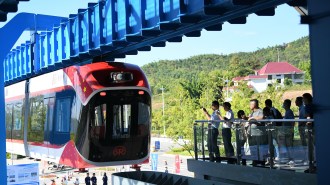 Chemistry
ChemistryHow rare earth elements’ hidden properties make modern technology possible
Because of their unique chemistry, the rare earth elements can fine-tune light for many different purposes and generate powerful magnetic fields.
By Nikk Ogasa -
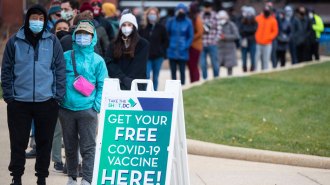 Health & Medicine
Health & MedicineHere’s what you need to know about COVID’s XBB.1.5 ‘Kraken’ variant
XBB.1.5, an offshoot of the coronavirus’s omicron variant, can hide from parts of the immune system, but vaccines and some treatments still work.
-
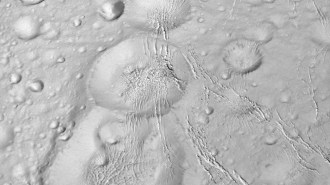 Planetary Science
Planetary ScienceEnceladus is blanketed in a thick layer of snow
Pits on the Saturnian moon reveal the surprising depth of the satellite’s snow, suggesting its plume was more active in the past.
-
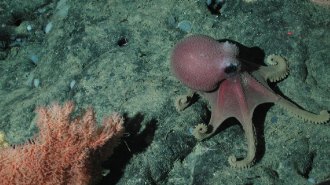 Science & Society
Science & SocietySea life offers a lens for self-exploration in ‘How Far the Light Reaches’
In a collection of essays profiling 10 marine animals, author Sabrina Imbler mixes in stories of their own family, self-discovery, sexuality and healing.
By Aina Abell -
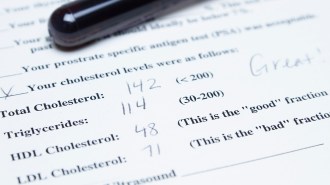 Health & Medicine
Health & MedicineHDL ‘good’ cholesterol isn’t always good for heart health
High levels of HDL cholesterol don’t appear to protect against heart disease, while harm from low levels may depend on race, a study reports.
-
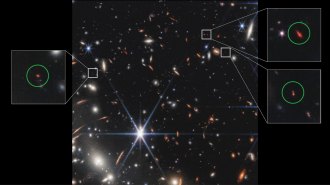 Astronomy
AstronomyThe James Webb telescope found ‘Green Pea’ galaxies in the early universe
The James Webb telescope spotted tiny “green” galaxies that might have helped trigger a dramatic cosmic makeover more than 13 billion years ago.
-
 Earth
EarthRare earth mining may be key to our renewable energy future. But at what cost?
We take you inside Mountain Pass, the only rare earth mine in the United States.
-
 Health & Medicine
Health & MedicineWhy it’s easier to catch a cold, the flu or COVID in the winter
Low humidity protects viruses and cold temperatures may blunt some immune responses, making viral infections like colds, flu and COVID-19 more likely.
-
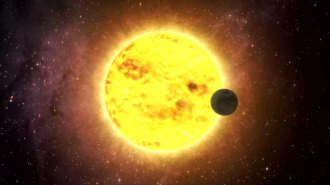 Planetary Science
Planetary ScienceMethylated gases could be an unambiguous indicator of alien life
On Earth, methylated gases are produced by organisms cleaning up their environment — and by little else. The same might be true on some exoplanets.
-
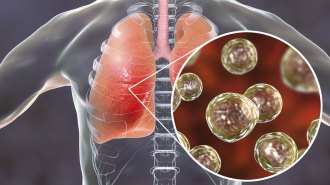 Health & Medicine
Health & Medicine4 key things to know about lung infections caused by fungi
News that three kinds of fungi are more widespread than previously thought prompted reader questions about risk, symptoms and more. We answer them.
-
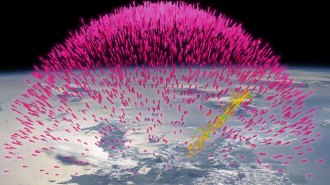 Physics
PhysicsRare ‘dark lightning’ might briefly touch passengers when flying
Gamma-ray blasts from thunderstorms might occasionally zap passing airplanes, briefly exposing passengers to unsafe levels of radiation.
By Nikk Ogasa -
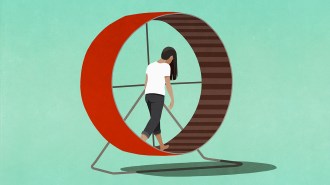 Science & Society
Science & SocietyPandemic languishing is a thing. But is it a privilege?
Positive psychologists contend that people can flourish if they try hard enough. But this pinnacle of well-being might not be so fully in our control.
By Sujata Gupta